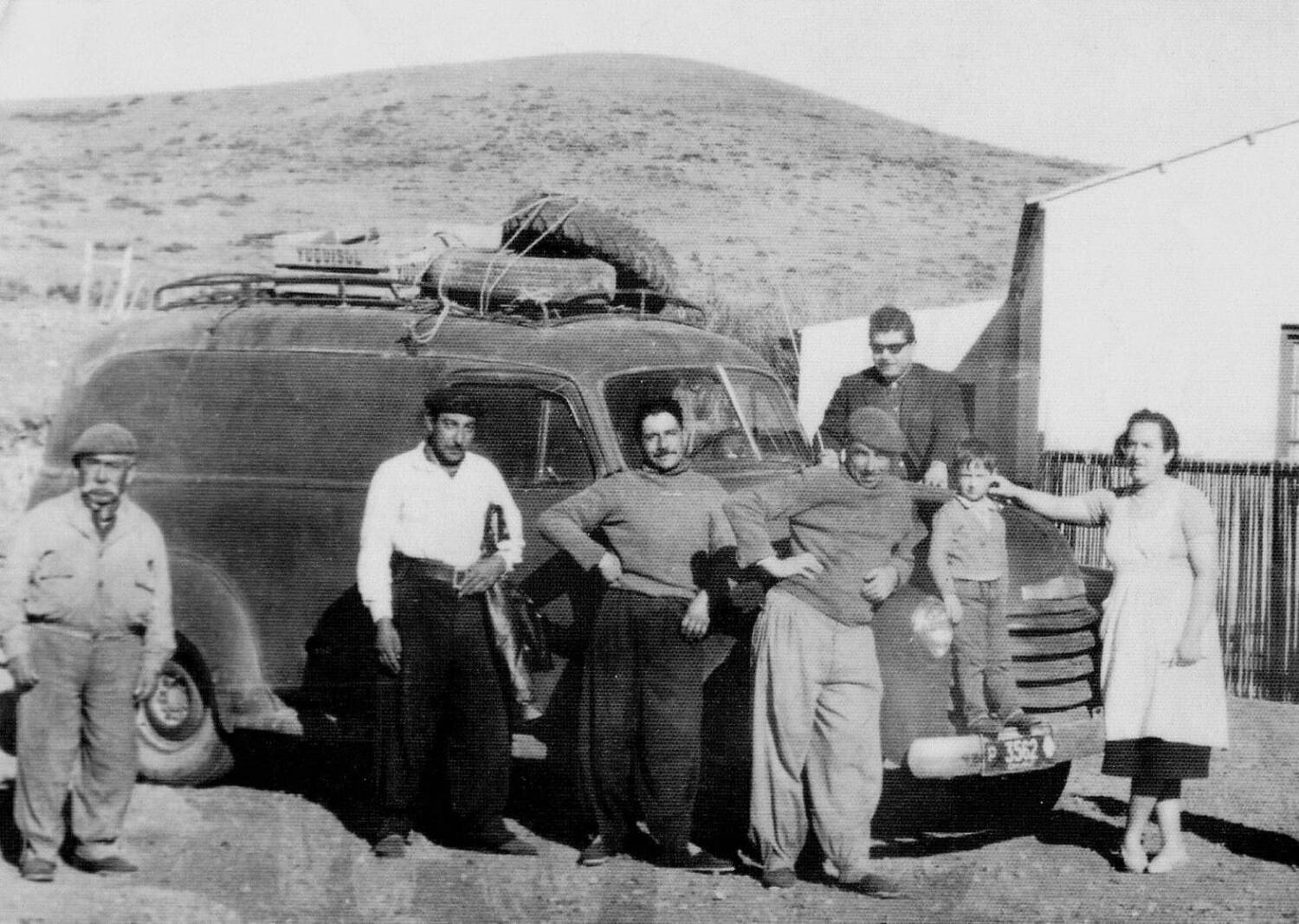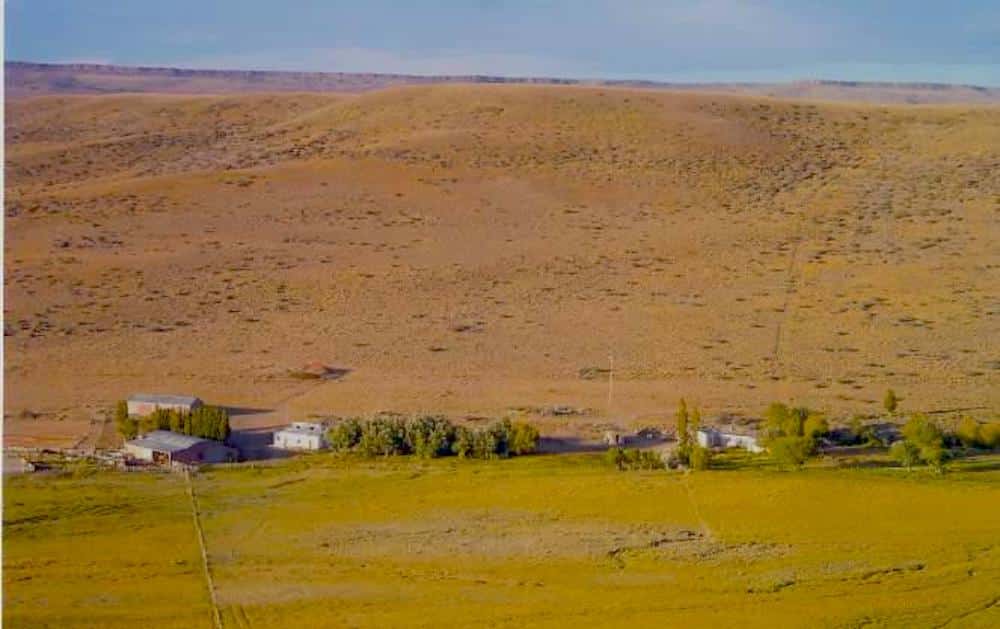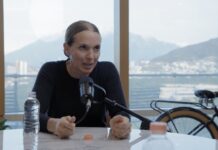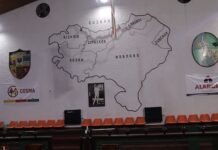Some of the more recent entries in our blog have been getting a large number of hits from people interested in topics about Basques in Latin America. We’re noticing this not only in the number of visitors from that part of the world, but also in the comments and shares we’re seeing on these entries’ Facebook posts.
For example, the article about the next Día de la Diáspora have so far gotten 529 “likes” on Facebook, 105 comments, almost all from Basque descendants in Latin America, and it’s been shared over 90 times.
We’re getting a similar response to the entry we shared about an article published by BBC Noticias on the Basque legacy in the New World. This entry has, in under two days, gotten 641 “likes,” 91 comments, and been shared 101 times.
And that’s where we found the story that is the centerpiece of today’s entry, among those comments, almost all of whom are Basque descendants in the New World. One of them caught our attention. It’s from Pedro Sebastián Garitaonandia, and he wrote it in the Argentine Patagonia, at the La Vizcaína Ranch, or Estancia La Vizcaína, in Perito Moreno, Santa Cruz.
The story of the La Vizcaína Ranch
We knew there simply had to be a beautiful story behind this article, and there is. We didn’t have to dig too deep on internet to find the location of this ranch that historically was dedicated to raising sheep, and the tale that tells us the story of this ranch founded by some Basques from Biscay.
The story can be found in the book Letras del Valle 15—Vidas de Campo, published in 2019 by the Perito Moreno Municipal Cultural Center.
We have no doubt that the work this cultural center is doing deserves the highest of praise. Since 2004, they’ve been publishing the micro-stories of the residents of that part of Patagonia, in order to share them with the community and to preserve them.
For us and our readers, it serves to share this story about “Basques in the world.” But for that community, the sum of all these family stories makes up their roots, and they’re finding a way to preserve them. A lesson for us all.


Pedro Sebastián Garitaonandia‘s tale is a transcribed oral tale of his life and family’s history in Argentina, which was still bound by its connections to the Basque Country. We also discover a view of the history of Argentina, and how the political and economic evolution of the country affects people.
We even get to see the consequences of climate change that some deny is even happening. If there’s no climate change, well something is affecting Patagonia a great deal, with severe droughts.
An interesting tale, sharing with us the difficulties faced by our Basques all over the world; the kind of tale that can serve as a significant example.
By the way, some of us have been lucky enough to get to visit Patagonia, and we still intensely recall the beauty of its landscapes, the extraordinary feeling of its vast expanses, and its incredible light. If you can, it is definitely worth visiting.
Thanks to Pedro Sebastián Garitaonandia for letting us share his family’s story, and to the Centro Municipal de Cultura Perito Moreno for creating this magnificent book that has meant we were able to read it.
Letras del Valle 15 – 2019 – Argentina
Pedro Sebastián Garitaonandia
Mi nombre es Pedro Sebastián Garitaonandia, nací el 2 de Diciembre de 1963. Mi padre se llamaba José María Garitaonandia y mi mamá Dora Alba Segovia. Mi familia paterna viene del país vasco, más precisamente de la zona de Durango-Éibar, están todos ahí, todavía queda mucha familia. Mi papá se vino en el año 48 a Argentina después de terminar el servicio militar en España, que eran dos años, en la época de Franco. Acá ya estaba mi tío abuelo, que ya había fundado la estancia acá en 1915 por ahí, y después viene mi abuelo con mi tía Isabel, la madre de los chicos Sabella.
(Follow) (Automatic translation)
Last Updated on Dec 3, 2023 by About Basque Country





